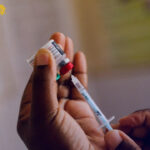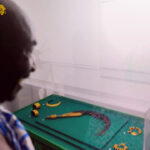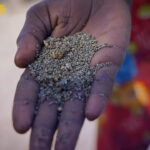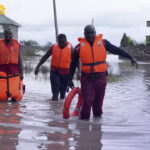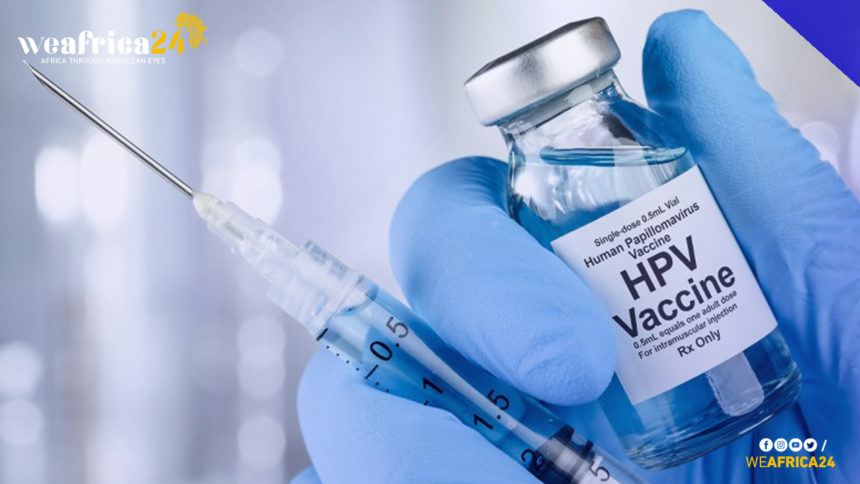In a groundbreaking revelation, the World Health Organization (WHO) unveiled that Human papillomavirus (HPV) strains 16 and 18, notorious culprits behind 70% of cervical cancers and pre-cancerous lesions among women in their childbearing years, are now in the crosshairs of a transformative solution.
The pervasive presence of HPV also ties it to a spectrum of cancers affecting the anus, vulva, vagina, penis, and oropharynx. Dr. Mustapha Umar Mai-Iyali, WHO’s Technical Officer for Bauchi State, elucidated this revelation during a media gathering co-hosted by USAID-IHP, Journalists for Public Health Development and Initiative (J4DP), and Bauchi State Primary Healthcare Development Agency (BASPHCDA) at the Hazibal Hotel in Bauchi on a recent Saturday.
Highlighting the potential life-saving power of HPV vaccination, Dr. Mai-Iyali emphasized that administering the vaccine to girls aged 9 to 14 holds the potential to prevent a staggering 71,000 deaths annually, assuming optimal coverage. With its official rollout set for September 25, 2023, in Nigeria, the HPV vaccine targets 16 states, including Bauchi, under the immunization initiative.
In a presentation aptly titled “Update/Preparedness on HPV Introduction,” Dr. Mai-Iyali offered insights into cervical cancer’s grim global impact. Ranked as the fourth most prevalent cancer among women worldwide, cervical cancer has claimed around 311,000 lives in 2018 alone. Alarming as this figure is, it becomes even more poignant when juxtaposed against the fact that approximately 84% of global cases and nearly 90% of deaths related to cervical cancer emerge from low- and middle-income nations.
The ramifications of unchecked cervical cancer are daunting, as projected by a study published in The Lancet. An ominous forecast warns that between 2020 and 2069, more than 44 million women globally stand at risk of developing cervical cancer.
If immediate interventions aren’t undertaken, the report also foresees an alarming 50% surge in cervical cancer deaths by 2040. Dr. Mai-Iyali’s clarion call underscores the imperative for resolute action to prevent families and communities from bearing the brunt of this impending crisis.
In a bid to shed light on the mechanisms at play, Dr. Mai-Iyali elucidated the pathway of HPV infection. The virus penetrates cervix cells through various means, including anal, oral, or vaginal sexual activity. This intrusion sets off a cascade of DNA replications, fostering a conducive environment for malignancy.
Manifesting as blood spots between periods, prolonged and heavy menstrual bleeding, post-intercourse bleeding, and other indicators, cervical cancer warrants both vigilance and swift action. Dr. Mai-Iyali also implored journalists to exercise their ethical responsibility in healthcare reporting to ensure that the dissemination of information aligns with the goal of healthcare accessibility.


